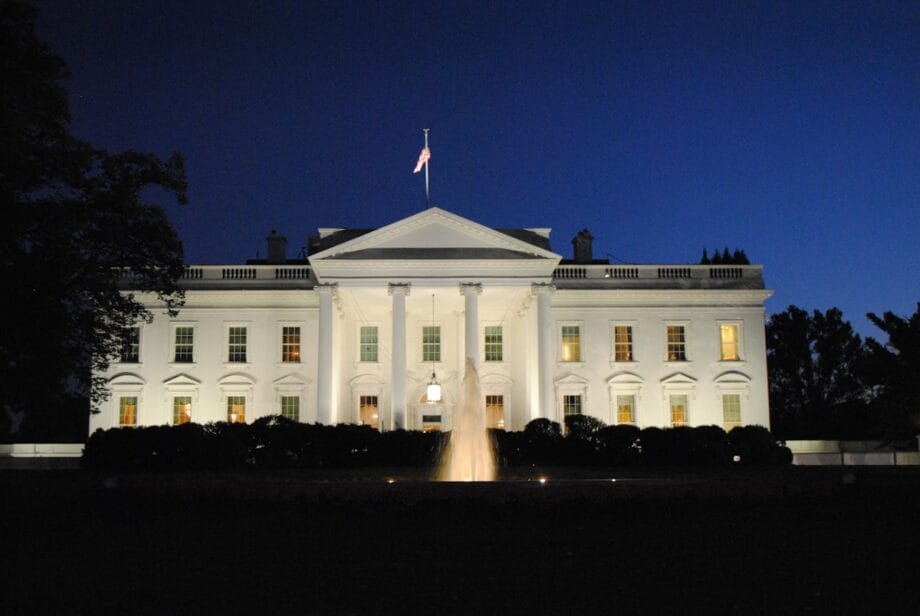Impending Jobs Crisis: CEO and Expert Concerns
A mounting chorus of apprehensions from influential CEOs and leading AI experts highlights a potential jobs crisis in the United States, primarily driven by swift advancements in artificial intelligence.
According to a recent Axios report, CEO Jim VandeHei recounted discussions with 20 key business leaders, many of whom outlined intentions to curtail or halt hiring, as AI technologies reshape the employment landscape.
Dario Amodei, CEO of Anthropic and a prominent AI researcher, has ominously predicted a “white-collar bloodbath,” cautioning that AI could obliterate up to half of entry-level white-collar occupations in the U.S., with profound ramifications for employment.
Reinforcing this view, Ford CEO Jim Farley expressed similar concerns at the Aspen Ideas Festival, suggesting that AI will lead to considerable workforce dislocation.
Major industry players like Amazon and Walmart have corroborated these sentiments. Amazon CEO Andy Jassy remarked, “It’s challenging to predict the exact outcome, but we anticipate a reduction in our corporate workforce over the next few years as we leverage AI efficiencies across the organization.”
AI technology threatens to automate nearly half of entry-level white-collar positions in the United States, as underscored by experts like Amodei and Farley.
Doug McMillon, CEO of Walmart, articulated, “It’s abundantly clear that AI will redefine virtually every job,” emphasizing the transformative nature of this technology as it permeates diverse sectors.
In spite of these alarming forecasts, the White House and Congress continue to focus on positioning the U.S. competitively against China technologically, as well as on the long-term economic advantages of AI.

Officials argue that while temporary disruptions could occur, historical trends suggest that innovation ultimately fosters more and superior job opportunities, branding fears of widespread unemployment as overblown.
The Axios report highlights the stark tension between urgent alarms raised by industry insiders confronting the immediate realities of workforce automation and policymakers who remain steadfast in their commitment to advancing AI innovation.
This disconnect has amplified calls for expedited governmental interventions to equip American workers for the transitional challenges that lie ahead.
FAQ:
- What job categories are most susceptible to AI disruption?
Entry-level white-collar positions characterized by routine cognitive tasks, such as data entry, basic analysis, and administrative duties, are at considerable risk of automation. - What measures are being implemented to alleviate potential impacts?
Plans are in discussion to enhance workforce retraining, reform educational systems to focus on AI-related competencies, and bolster social safety nets. However, critics contend that current efforts do not keep pace with the rapid deployment of AI technologies. - How does AI’s impact differ from past technological changes?
Unlike previous automation waves that predominantly affected manufacturing roles, AI poses a threat across a broad range of white-collar jobs, presenting a more immediate and extensive economic challenge. - What is the government’s role in addressing these issues?
The White House prioritizes maintaining leadership in AI for national security and economic competitiveness, while also recognizing the need for enhanced worker protections and policy frameworks.
Source link: M.economictimes.com.





